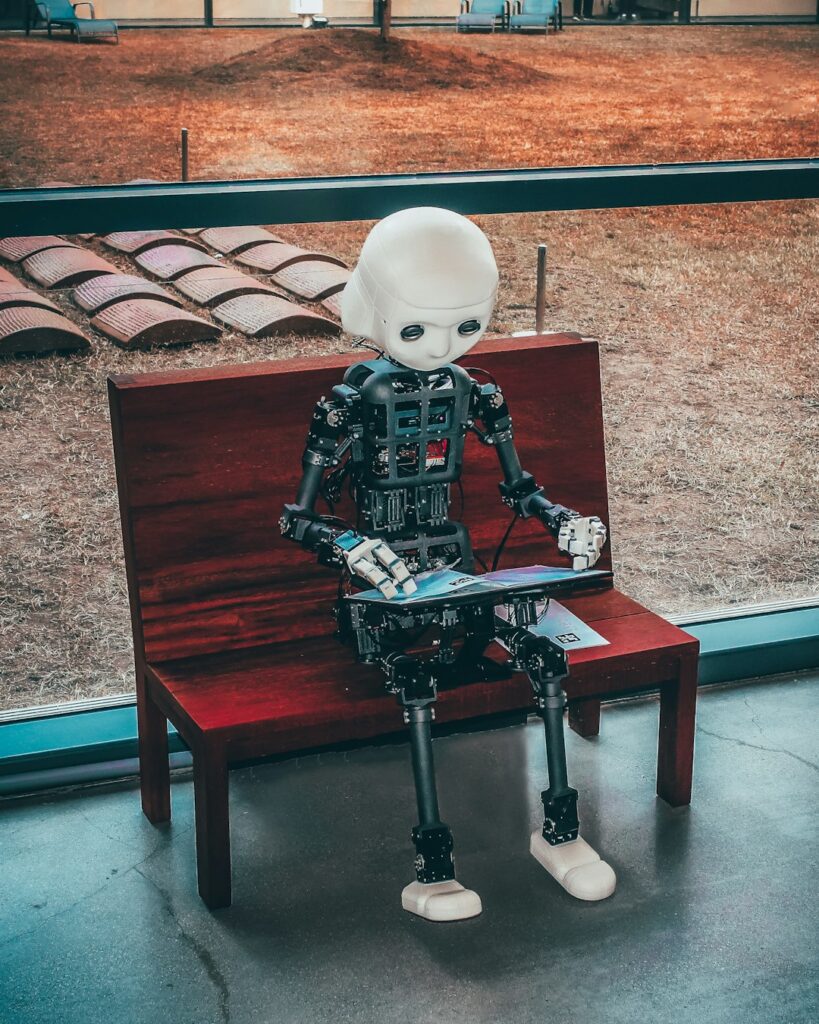The Rise of AI in Composing Symphonies
Artificial Intelligence has been revolutionizing various industries, and one surprising area where it’s making remarkable strides is in music composition. In recent years, AI has been turning heads in the music world by creating symphonies that not only sound beautiful but also challenge the traditional notion of musical creativity. As AI continues to advance, it’s crucial to explore the impact it’s having on the world of music and the implications for both musicians and music enthusiasts.
The Surprising Statistics
Did you know that an AI-generated symphony was performed by the London Symphony Orchestra in 2019? Furthermore, AI-composed music has been streamed for over 330 million hours in the same year, highlighting the growing appetite for AI-generated music. These surprising statistics showcase the rising influence of AI in shaping the future of music and redefining the boundaries of artistic expression.
The Impact of AI on Music Composition
Redefining Creativity
AI’s ability to compose music challenges the traditional perception of creativity. While some may argue that true creativity stems from human emotions and experiences, AI-generated symphonies raise thought-provoking questions about the nature of creativity itself. By analyzing vast amounts of musical data and patterns, AI can produce compositions that push the boundaries of what was once thought possible.
Accessibility and Inclusivity
Another significant impact of AI in music composition is its potential to make music more accessible and inclusive. As AI paves the way for new musical compositions, it allows for a diverse range of styles and genres, catering to a broad audience. Additionally, AI-generated music can offer opportunities for aspiring musicians and artists to explore new sounds and ideas, democratizing the creative process.
Collaboration and Innovation
AI is not replacing human composers but rather fostering collaboration and innovation. Musicians and composers have started embracing AI as a tool to spark inspiration and explore uncharted musical territories. The blend of human creativity and AI’s analytical prowess has the potential to lead to groundbreaking compositions that encapsulate the best of both worlds.
How to Embrace AI-Generated Music in Daily Life
With AI’s influence on music composition steadily growing, there are several ways for both musicians and music enthusiasts to embrace and incorporate AI-generated music into their daily lives.
Exploring New Musical Horizons
For musicians, AI can be a valuable source of inspiration. By experimenting with AI-generated compositions, musicians can explore new musical horizons and incorporate fresh elements into their own work. Whether it’s incorporating AI-generated melodies or utilizing AI tools for arrangement and production, the possibilities are endless.
Open-Minded Listening
As music enthusiasts, keeping an open mind when it comes to AI-generated music can lead to exciting discoveries. Exploring AI-composed symphonies and tracks can broaden one’s musical palette and provide exposure to innovative sounds that merge the best of human and artificial creativity.
Supporting Emerging AI-Driven Artists
With the rise of AI-generated music, it’s essential to support emerging artists and musicians who are harnessing AI as a creative tool. By engaging with and sharing the work of these artists, music enthusiasts can contribute to the evolution of AI-generated music and help nurture a thriving community of AI-driven creativity.
In Conclusion
The emergence of AI in composing symphonies represents a fascinating paradigm shift in the world of music. As AI continues to break new ground in music composition, it’s crucial for both musicians and music enthusiasts to approach this evolution with an open mind. By embracing AI-generated music and exploring its potential, we have the opportunity to witness the convergence of human ingenuity and artificial intelligence, ushering in a new era of musical innovation.












